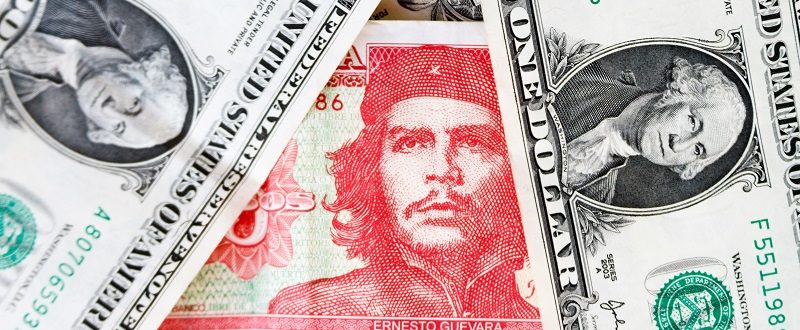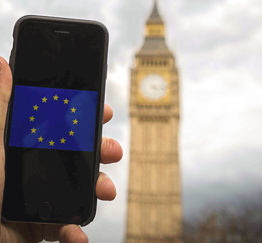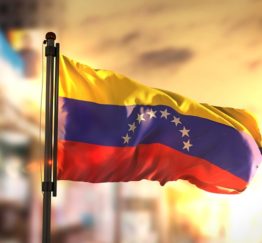In 2014, then U.S. President Barack Obama surprised many when he announced the easing up of some of the 50-plus-year-old trade embargoes and sanctions against Cuba, albeit nominally.
With a long-standing frosty relationship between the two nations, Obama’s measures heralded a “thawing out” between the neighboring countries—the resumption of diplomatic relations, the easing of some restrictions for person-to-person travel, and the striking down of a number of restrictions imposed upon imports and exports with Cuba, among them.
For U.S. exporters and importers, the impact was minimal, but they still represented a relaxation from the status quo at the time. Case in point, the Bureau of Industry and Security (BIS), announced it would allow vessels to transport authorized cargo to Cuba from the U.S., and that it would allow exports and imports on a case-by-case licensing basis. So while there were still barriers between wholesale trade, exports and imports to and from Cuba, for the first time in decades there was hope that full normalization of trade relations of Cuba might be achieved some day in the not-so-distant future.
Until June 2017 that is, when current U.S. President Donald Trump announced the partial reversal of many of the previous administration’s policies until “all political prisoners are freed, freedoms of assembly and expression are respected, all political parties are legalized, and free and internationally supervised elections are scheduled.”¹
WHAT HAS CHANGED?
President Trump’s primary change is in disallowing individual person-to-person travel to Cuba, although group travel is still possible under certain circumstances. This is likely to have the biggest impact on air travel and hospitality companies. However, a more dramatic proposed policy change—one that that could have far reaching consequences for many U.S. organization hoping to do business in Cuba—is Trump’s anticipated wholesale ban on any transaction between individuals or firms linked to Cuba’s military or intelligence services.
This is especially problematic because, like many communist nations, most of Cuba’s economy has some government involvement in one form or another. In Cuba’s case, GAESA, the conglomerate operated by military personnel and services, is estimated to control up to 60% of the economy.² Meaning that even the most innocuous of transactions with a Cuban individual or entity has a distinct possibility of violating the ban.
UNCERTAINTY ABOUNDS (BUT THEN AGAIN, IT ALWAYS DID)
There are still two considerations to be mindful of for now—the first is that these laws have not yet been passed. In fact, it may be months or years before they are (and there is the outside chance that they simply never will be). The second is that President Trump is known to have a highly mutable foreign policy—there is, therefore, every possibility that the laws as they stand right now may change beyond recognition in just a couple of years.
Given all the current uncertainty surrounding ever-changing U.S. foreign policy (especially with regards to Cuba), the best thing that a business wishing to safely engage in trade or transactions with Cuban entities can do is to keep current with the political, regulatory and legal landscape at all times. And then play by the rule book by paying heed to the laws.
1 How Will Trump’s New Policies Affect Cuba’s Economy? Forbes, June 27, 2017 (https://www.forbes.com/sites/nathanielparishflannery/2017/06/27/how-will-trumps-new-policies-affect-cubas-economy/#1d00765c7e16). Accessed June 27, 2017
2 Donald Trump closes the door to Cuba—a bit. The Economist, June 22, 2017. (https://www.economist.com/news/americas/21723882-he-wants-hurt-regime-may-end-up-hurting-ordinary-cubans-donald-trump-closes-door). Accessed July 4, 2017





